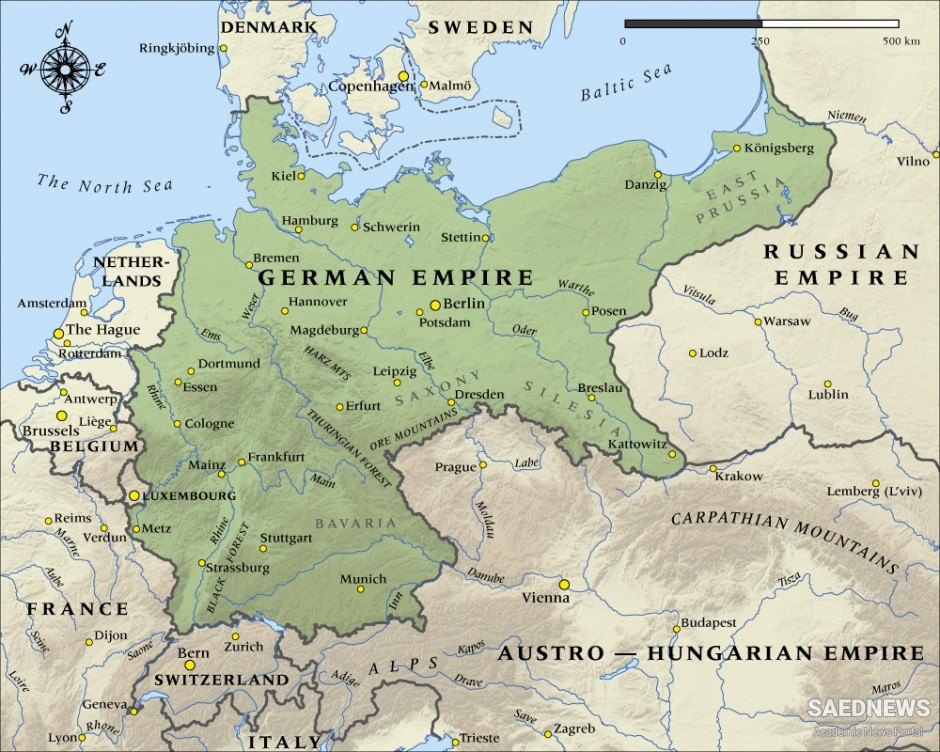In 1913, the needs of the army did become first priority; a bill passed by the Reichstag increased the hitherto fairly static standing army by calling up an additional 136,000 conscripts. This measure was designed to bring the peacetime strength of the army to nearly 800,000 men by the autumn of 1914. Bethmann Hollweg scored one success. The abrasive Weltpolitik overseas was downgraded. Instead, Germany now pushed its interests in Asia Minor and Mesopotamia and developed its new friendship with Turkey. The projected Berlin-toBaghdad railway was to be the economic artery of this, Germany’s new imperial commercial sphere. The intrusion of German interests in the Middle East was not unwelcome to Britain since Germany would help to act as a buffer against Russian expansion. In the Balkans, where a second Balkan war had broken out in 1913, Bethmann Hollweg and the British foreign secretary, Sir Edward Grey, worked together to localise the conflict and to ensure a peaceful outcome. The kaiser’s conference of December 1912 had at least made it much easier for Bethmann Hollweg to follow a pacific policy in 1913 and he could show some success for it, though not a weakening of Britain’s support for France, his main objective. Nevertheless, the drift to war in Germany was unmistakable. Its leaders were accustoming themselves to the idea of a war, persuaded by the seemingly irrefutable logic of the military. In the end, in the summer of 1914, Bethmann Hollweg too would be carried forward with the kaiser over the brink.


 Germany's Struggle for Justifying the German Nation
Germany's Struggle for Justifying the German Nation














































